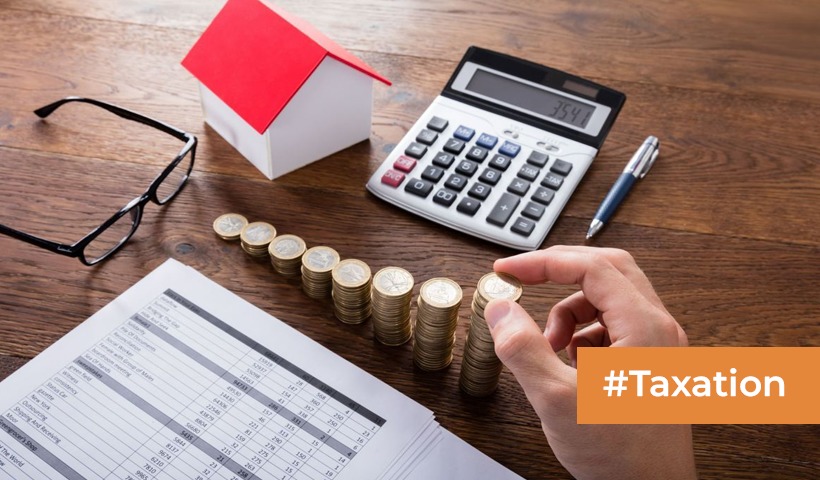How to claim home loan tax exemption?
There are four stages to taking advantage of the interest deduction on your home loan.
From the financial year 2014-15 onwards, the amount that may be claimed as interest on a house loan deduction has been raised to Rs.2,00,000 from the previous maximum of Rs.1,000,000. As we have seen, this has the potential to result in substantial tax savings.
The deduction for interest on home loans under Section 80 EEA will be expanded to include loans made up to and including March 31, 2022. Taxpayers will be able to claim the worth of “two homes” as self-occupied, as opposed to the one house that was previously permitted.
Step 1: gathering the documentation you’ll need
- Identifying information about the property’s owner
You must be the legal owner of the property in order to be eligible for this deduction, which goes without saying. In the event that you are a co-owner of the property, calculate your portion of the equity. The amount of the deduction you are eligible to claim is determined by your percentage ownership of the property.
- The date on which the building was completed or the date on which the land was purchased
It is possible to claim the interest deduction starting with the year in which the building of the property is finished. You may also be able to claim interest earned prior to the start of construction. Pre-construction interest may be claimed in five equal installments beginning in the year of the home purchase or the year of the building completion and continuing until the house is sold.
- Borrower Information
The house loan must be taken in your name to be eligible for the deduction, that is, the one who owns the property. You may also participate in the loan as a co-borrower. You’ll get a certificate from the bank with your interest and principal information on it.
- Municipal taxes paid
It is important to note that municipal taxes may only be deducted from home property income if they have been paid within the calendar year.
Step 2: submit these documents to your company’s human resources department
It is your responsibility to notify your employer if you claim interest on a home loan deduction so that they may make the appropriate adjustments to your TDS. This eliminates the need for you to hold out until the end of the year to figure out how much you owe in taxes and make any adjustments. Make it a point to notify your employer about the situation.
If you are a freelancer or self-employed, you are not required to submit these papers to anybody; nevertheless, you will need these records in order to estimate your Advance Tax obligation for each quarter. You are not obliged to submit any of these papers to the Internal Revenue Service (IRS).
Step 3: determining the amount of income from a residential property
In the case of a self-occupied house property, the amount of interest that may be claimed as a deduction is restricted to Rs.2,00,000. However, in the case of let-out home property, there is no restriction on the amount of interest that can be claimed. Home loan interest on the let-out property would be deducted only to the extent that the loss on such house property does not exceed Rs.2 lakhs beginning in the fiscal year 2017-18. The following are the procedures to take in order to determine your revenue from house property.
The property’s total monetary value (nil in case of Self Occupied Property and Rental Value if rented) Municipal Taxes that have been paid less standard deduction (30 percent of net annual value, which is equal to the gross value less municipal taxes). Income from a house property less the deduction for interest on a home loan equals the difference.
Please keep in mind that if you submit your return using ClearTax, you will NOT be required to do any of these computations. You just need to input your information, and it will automatically compute the amount that will be used to determine your income from real estate investments.
Step 4: claim the interest on home loan deduction and the principal repayment under section 80c of the internal revenue code
In the event that you make a Principal Repayment throughout the year (check your loan installment information), you may be eligible to claim the interest on home loan deduction under Section 80 C of the Internal Revenue Code of 1986. The total amount that may be claimed under Section 80C is, however, limited to Rs 1,50,000 in the current fiscal year.
Disclaimer: The views expressed above are for informational purposes only based on industry reports and related news stories. PropertyPistol does not guarantee the accuracy, completeness, or reliability of the information and shall not be held responsible for any action taken based on the published information.




